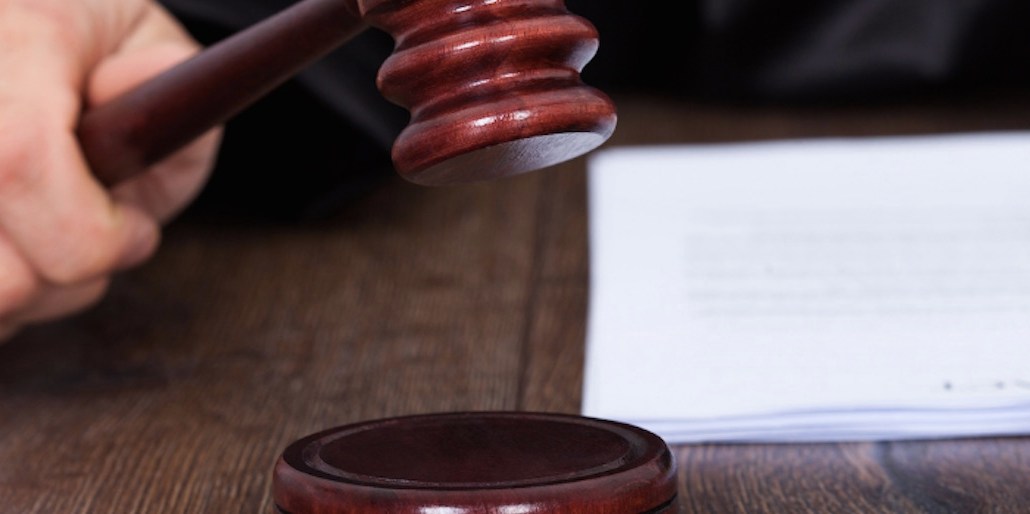Last chance to save on Digiday Publishing Summit passes is February 9

This article is a WTF explainer, in which we break down media and marketing’s most confusing terms. More from the series →
This week the European Commission proposed new laws to update Europe’s copyright rules. Publishing trade bodies welcome the news, which aim, in part, to give EU press publishers copyrights that are on a par with those in the music and film industries.
Because the European Union is a complex beast, however, an explainer is in order:
So what is the new rule?
In order to achieve a more fair marketplace for all players across borders, the new draft directive proposes that publishers will have the right to protect themselves from copyright, so they can charge a license fee for any unauthorized copying of their work for 20 years after publication.
Wait, what’s the current rule?
As it stands, while individual images or a journalist’s text is protected by copyright laws, the finished product at the publisher level — an article online, a print newspaper, or a 300 word snippet of an article — isn’t. In short, publishers suffer when companies systematically scrape content at scale, re-use it on their own sites and charge for ad space around it. This aims to put a stop to that.
In theory it will drive revenue by turning infringers into customers. For subscription publishers, this could eventually push more people into buying a subscription if they can no longer get the free alternative elsewhere. Typically, though, the majority of publisher revenue comes from advertising rather than subscriptions or license fees. The U.K. spent £8.6 billion ($11.4 billion) on online advertising last year.
Sounds sensible. What’s the problem?
Google isn’t too thrilled, for starters. “It could … limit Google’s ability to send monetizable traffic, for free, to news publishers via Google News and Search. After all, paying to display snippets is not a viable option for anyone,” Caroline Atkinson, vice president, global policy, wrote in a blog post.
In Spain the “Google Tax”, where Google must pay publishers for displaying snippets in Google News, has led the internet giant to pull the product from the country. Early studies suggest that without Google News, traffic to publishers is dropping.
In Germany, similar attempts from publishers requiring Google to pay to publish snippets of text in News or search results meant the Google stopped running them entirely, and led to decreases in publisher traffic. Lower traffic impacts ad rates. “It’s a sort of a trade off,” said Simon Entwistle, partner at law firm Lewis Silkin. “In theory [the directive] gives publishers more ammunition against Google, but it’s still an unequal fight. If a publisher has a significant presence on the web outside of their own platform, it could cost them more to enforce the right rather than to just do a deal with Google.” How unique your content is will determine how likely Google would be to pay for it, said Entwistle.
If it didn’t work in Spain and Germany why would it work at EU level?
Those in favor of the directive argue that it isn’t a tax. It gives publishers the right to charge a licensing fee, but they can chose to waive it if they are suffering commercial damages. There are still examples where content sharing does not infringe on copyright.
Such as?
Links and sharing buttons are still in the publisher’s interest. Digital rights groups, tech companies and member of European parliament Julia Reda, have hit back at the proposals saying it’s regressive because it could restrict the sharing of information and hamper innovation. Particularly, social media campaigns like #SaveTheLink claim the humble hyperlink is under threat.
But there is some confusion here. Angela Mills Wade, executive director of the European Publishers Council, said that publishers will continue to provide share buttons so readers can share and link articles as before. “The campaign gets mixed up about what it’s talking about,” she told Digiday. “There was a fear that individual users would be criminalized, nothing would be further from the truth. As we go into the discussion we hope clarity will prevail.”
So who are the losers here?
It is possible that, with unclear laws, smaller publishers could allow fewer snippets to appear online for fear of penalization, which could lead to lower traffic. But publishers could make copyright deals rather than issue fines. According to Mills Wade, there shouldn’t be any losers, not in the conventional sense: “It’s about injecting fairness into a marketplace which has become asymmetrical with some large players dictating how the market is run.”
When will this take effect?
This is a still a draft directive, and this is the European Union so there are more people to argue with, the time scale to make it a law typically takes several years as each of the 28 member states weigh in — and so do lobbyists from commercial organizations who want to amend it.
A directive automatically applies in every EU state and overrides local law, unless the local law is more strict. If it becomes mandate after the U.K. exits the EU, Britain will still need to comply with the European standard if it wants to be part of the proposed Digital Single Market, EU president Jean-Claude Juncker’s raison d’etre until his presidency ends in 2019.
More in Media

In Graphic Detail: The scale of the challenge facing publishers, politicians eager to damage Google’s adland dominance
Last year was a blowout ad revenue year for Google, despite challenges from several quarters.

Why Walmart is basically a tech company now
The retail giant joined the Nasdaq exchange, also home to technology companies like Amazon, in December.

The Athletic invests in live blogs, video to insulate sports coverage from AI scraping
As the Super Bowl and Winter Olympics collide, The Athletic is leaning into live blogs and video to keeps fans locked in, and AI bots at bay.





